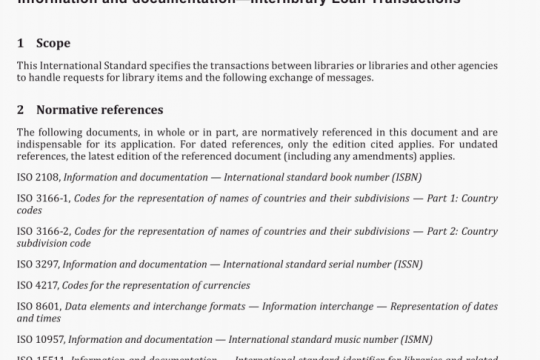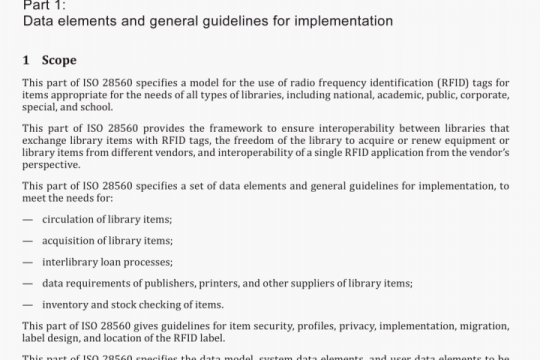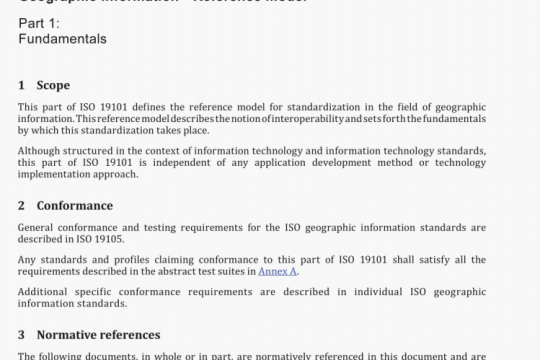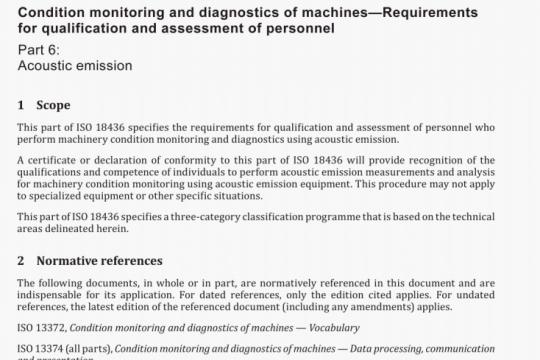ISO 18841:2018 pdf free
ISO 18841:2018 pdf free.Interpreting services – General requirements and recommendations
The interpreter shall demonstrate the required linguistic ability in his/her working languages based on nationally or professionally accepted standards of language proficiency. This ability shall include speaking and/or signing skills, as well as listening comprehension and reading comprehension skills (i.e. the ability to comprehend various regional accents and/or dialectical differences, and recognize various registers, including formal and informal, subject-specific vocabulary, idiomatic expressions, colloquialisms and slang). The interpreter shall also possess the ability to transition between formal and informal speech levels, and to interpret accurately for speakers with different educational and cultural backgrounds.
The interpreter shall be aware of, and conversant with, cultural differences and be able to address, where needed, permitted and appropriate, a cultural misunderstanding that impedes communication.
The interpreter’s professional awareness and understanding of relevant cultural factors shall include the ability to assess the meaning of behaviour, tone and gestures of the participants of the communicative event, as well as linguistic differences and similarities.
Effective cross-cultural communication skills shall also include self-awareness to help the interpreter reduce the possible impact of his/her cultural biases.
The interpreter shall show respect, courtesy, tact and sound judgment in his/her interactions with others. As interpreting is a demanding intellectual task, the interpreter shall develop strong communication and interpersonal skills in order to cope with the demands of working effectively in challenging situations amid cultural and linguistic diversity; they include introductions, positioning, turn-taking, and knowing when and how to intervene whether to ask for clarification or for other reasons.
The interpreter shall demonstrate the ability to use interpreting equipment (such as a microphone and audio and video-conferencing technology). This equipment can be required for interpreting in certain modes such as simultaneous interpreting, and with relevant technologies such as audio and video-conferencing. The interpreter shall therefore acquire the skills for operating the equipment effectively (e.g. volume control and microphone etiquette).
The interpreter’s research skills shall include expertise and experience in the use of research and terminology management tools e.g. databases, relevant software and online search engines) and the ability to develop suitable strategies for the efficient use of the information sources available in order to prepare for assignments.ISO 18841 pdf download.




